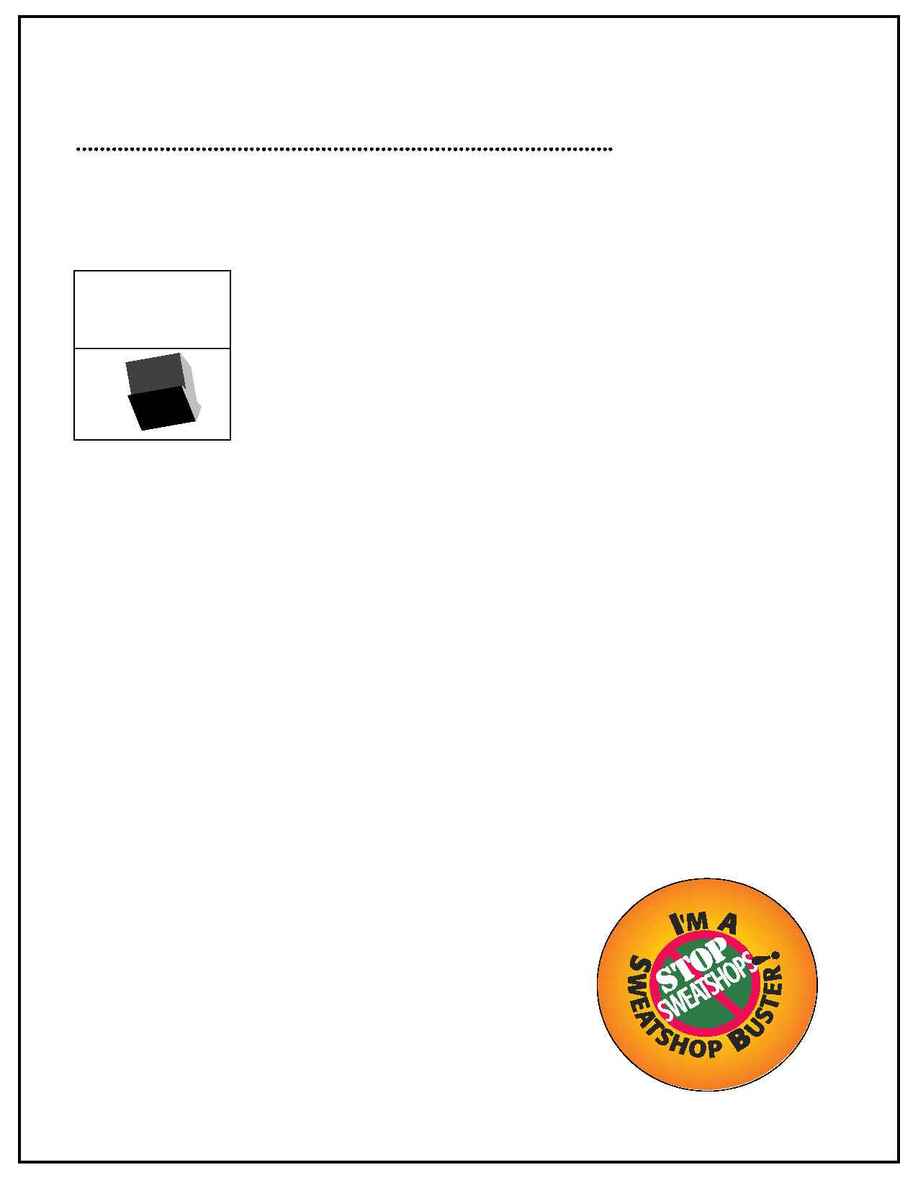
UNITE! Issue Sheet: Sweatshops
Sweatshops keep all workers from securing decent
wages and conditions on the job.
What can UNITE members do to help fight sweatshops?
Big businesses, like large retailers and manufacturers, are in a
global race to earn higher profits at lower costs. They send their
work to subcontractors that pay the lowest wages and disregard
human rights, job safety and labor standards in order to get the work
done at the cheapest price.
In the sewing industry, the average hourly pay is $.91 in Honduras,
$1.51 in Mexico, 76 cents in the Philippines, 16 cents in Indonesia, 30
cents in Bangladesh, 24 cents in Pakistan, and 43 cents in China. Here in
the U.S, workers are forced to compete with these wages in order to keep their jobs.
Sweatshop conditions are also on the rise in cities across America.
Large retailers and manufacturers want to weaken American labor laws at home and expand
international trade deals like NAFTA that offer no protections for workers or the environment.
Although they control the quality of the goods they produce, the retailers and manufacturers
claim that they are not responsible for working conditions in those shops.
·
Our message to big business is clear: If you
sell the goods and control the quality of the
goods, you are responsible for the working
conditions in that shop.
·
The Stop Sweatshops Act, H.R. 90, would
hold retail stores and big manufacturers
monetarily and legally responsible for work-
ing conditions in the shops where they pro-
duce their goods.
·
Ask your Member of Congress to join the
fight and cosponsor the Stop Sweatshops
Act, H.R. 90.
WAGES
DOWN
-12.1
%
Shrinkage in
weekly paycheck
1979 to 1996
UNITE!
